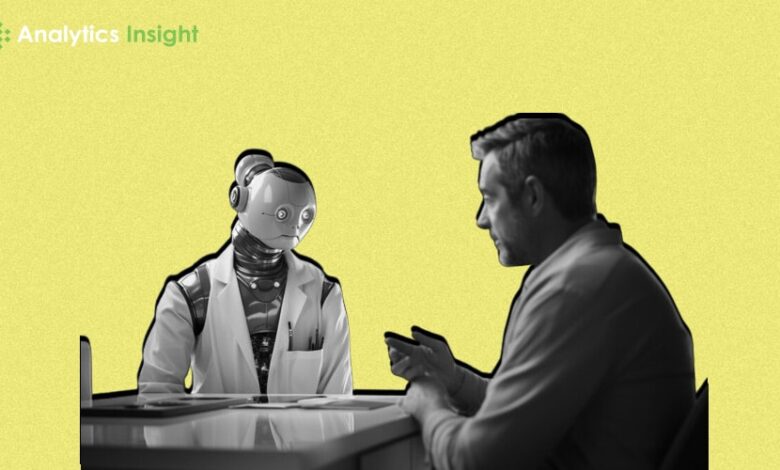Healthcare Analytics Market to Reach US$94 Billion by 2028

Healthcare Analytics market prediction: Pioneering the future of data-driven healthcare delivery
Healthcare Analytics Market Prediction: As the utilization of digital medical records, health wearables, as well as upgraded diagnostic equipment grows tremendously, the amount of healthcare data also increases at the same rate. Pushing against this ocean of data emerges healthcare analytics. Healthcare analytics provide insights that can promote excellence in patient care, and achieve cost efficiency. The Healthcare Analytics market is expected to rise from US$34.62 billion in 2023 to US$94.06 billion by 2028, with a CAGR of 22.13% over the forecast period.
The growth of the Healthcare Analytics market is driven by several key factors:
The Rise of Big Data:
Whether it is a result of a higher demand for healthcare services or an increase in digital healthcare technologies and sensors, the healthcare analytics market is driven by a rapid data outbreak. The sector is increasingly applying complicated analysis instruments to use the enormous ‘data lakes’ created across the entire healthcare industry system. From electronic health record (EHR) to genomic data as well as the current applications of IoT monitoring, the warehouse of information is capable of reflecting patterns, predicting occurrence and even optimizing treatment plans.
Addressing Escalating Healthcare Costs:
In the context of increasing healthcare spending, organizations are using analytics tools as a resource for cost containment. Through risk stratification based on predictive analytics, allocating more resources towards the most costly patients and decreasing the risk of medical fraud, we can ensure that the population remains healthy and cost effective. Additionally, Stakeholders using analytics as a source of driven insights can embrace value-based care (VBC) models in which the stakeholders’ reimbursement is tied to the quality and efficacy of the services that are delivered.
Population Health Management:
The jolt to population health management underscores the pervasive change in healthcare service delivery, focusing on proactive methods to bring the health of all the communities drastically up. Healthcare analytics acts as a conductor in seizing this opportunity, helping agencies to evidence population health trends, stratify risks and design interventions targeting higher risk groups. Healthcare organizations will be more effective at allocating resources and improving the quality of primary care by using predictive models and data mining for the analysis of their data. Ultimately, the population’s well-being will improve at scale.
Regulatory Complexity:
In the time of the continuously growing regulating healthcare sector, compliance with strict regulatory guidelines is crucial. It is also important to note that cybersecurity plays a dual role in healthcare. Healthcare analytics provides what could be a backbone for entities tackling the complexities associated with compliance with regulations, and it does this through the provision of robust reporting tools, audit trails, and data-governance frameworks among other components. These regulations ensure data integrity, privacy and security thus convincing patients and regulators that such systems are reliable, this way there is a cooperation between the health care organization and all stakeholders.
Harnessing Technological Innovations:
The accelerating degree of technological innovation possesses an ability to reshape the analytics of healthcare by addressing data analysis, imaging, and predictive modeling. AI and machine learning algorithms, advanced data mining & analytics are empowering the healthcare analysts all over the world. These technologies enable people to derive intelligent insights from complex calculations, identify correlations which would have gone undetected.
Conclusion:
In the context of the future of healthcare analytics market, it is necessary to note that analytics would play the role of a game changer. Starting with a business aspect such as the optimization of clinical workflows and ending up with the technology aspect of preventing financial risks and regulatory compliance, the mission of healthcare analytics becomes innovation and efficiency. Using the big data framework, adopting sophisticated analytics techniques and technology knockouts, the health care systems can face challenges of a complicated modern health system environment with strength and flexibility. On the phenomenon of the Healthcare Analytics market outweighing all other industries and shaping the healthcare delivery that never before had any equal, we can only marvel.




